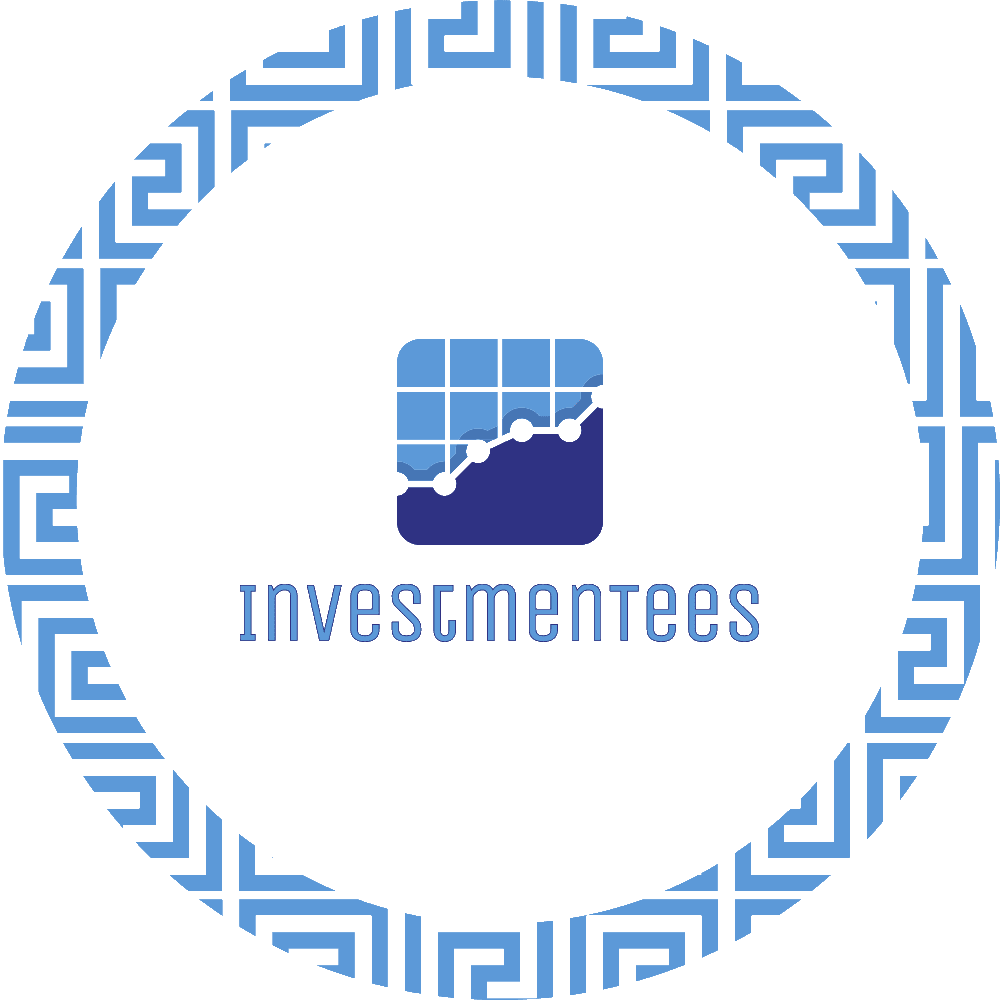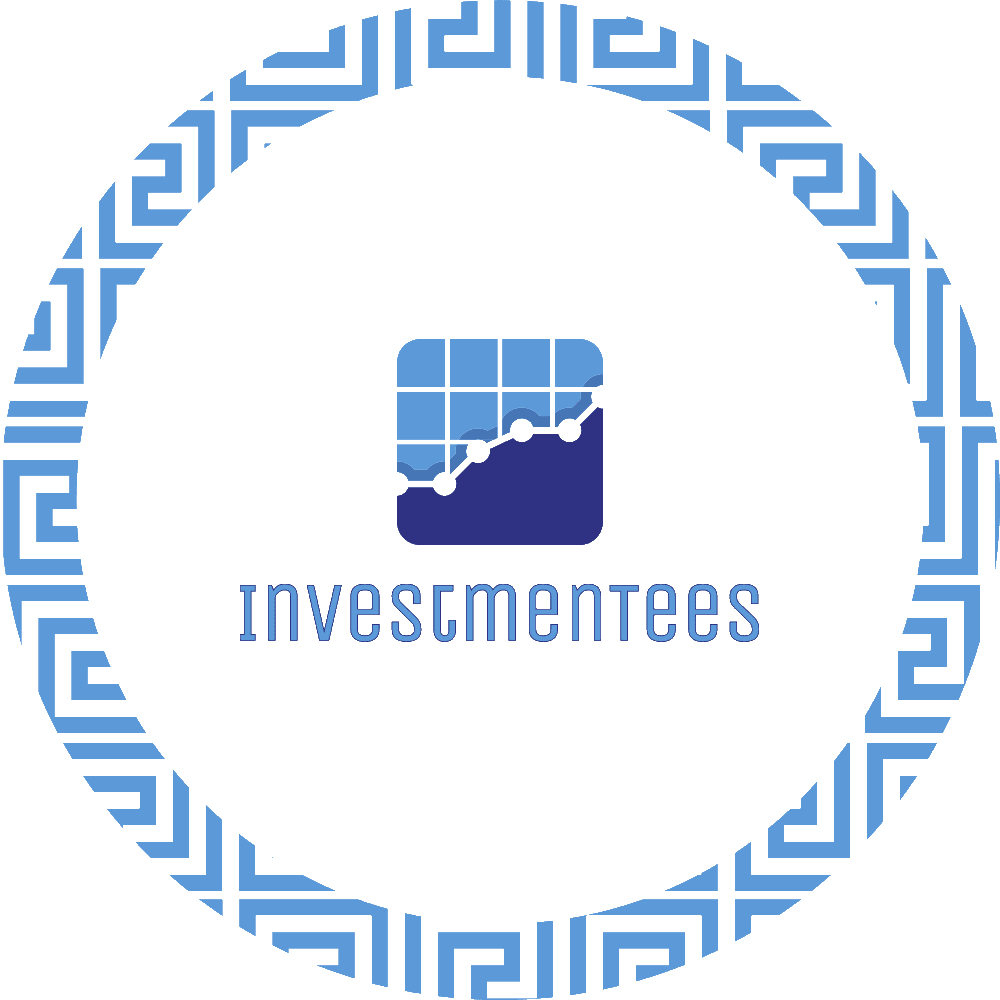
Which Account Should You Trade With?
When managing your investments, choosing the right trading account can significantly impact your tax efficiency, commission costs, and ability to meet long-term goals. By understanding the differences between various accounts, you can make smarter financial decisions.
Why Tax Efficiency Matters in Account Selection
Taxes can take a significant bite out of your investment returns over time. By selecting tax-efficient accounts, you can preserve more of your hard-earned money and grow your wealth faster.
Some accounts, like Roth IRAs, offer tax-free withdrawals in retirement. Others, like traditional IRAs and 401(k)s, provide tax deferral benefits, letting your investments compound without immediate tax implications. Meanwhile, taxable brokerage accounts might lack tax advantages but provide unmatched flexibility for withdrawals and contributions.
Choosing the right type depends on your current income, future tax expectations, and financial goals. For instance, those in higher tax brackets might benefit more from immediate deductions, while younger investors often lean toward Roth accounts for long-term tax-free growth.
Tax-Advantaged Accounts
Tax-advantaged accounts come in various forms. Popular choices include employer-sponsored 401(k)s, which often feature company match contributions, and Health Savings Accounts (HSAs) offering triple tax benefits.
For those self-employed, Simplified Employee Pension (SEP) IRAs and Solo 401(k)s provide robust contribution limits. Educational savings goals might lead you to 529 plans, while general savings strategies could involve tax-exempt municipal bonds.
Each account has unique rules. Understanding the eligibility requirements, contribution limits, and withdrawal penalties ensures you make informed decisions.
Understanding the Impact of Commissions and Fees
Account fees and commissions can quietly erode your returns over time. Even small percentages add up when compounded over decades. Selecting low-cost options ensures more of your money stays invested.
Low-Cost Brokerages vs. Traditional Accounts
Low-cost brokerages often feature commission-free trades and minimal account maintenance fees. Examples include platforms like Fidelity or Vanguard. Traditional accounts might offer personalized services but tend to come with higher management fees.
Assess whether the benefits of traditional accounts justify their costs for your investment strategy. For hands-on investors, low-cost brokers provide better value.
Aligning Account Types with Your Long-Term Goals
Your financial goals should dictate your choice of accounts. Different account types suit specific objectives, whether planning for retirement, buying a home, or funding education.
Retirement-Specific Accounts: IRAs and 401(k)s
Retirement accounts like 401(k)s and IRAs are designed for long-term savings. They offer tax benefits that encourage consistent contributions. Traditional accounts lower your taxable income today, while Roth options provide tax-free income in retirement.
Consider your employer’s 401(k) match policy or the income limits of Roth IRAs when choosing. Maximize contributions to these accounts to take full advantage of their benefits.
Flexible Accounts for Non-Retirement Goals
For non-retirement goals, taxable brokerage accounts or high-yield savings accounts might be better. These options lack tax advantages but offer fewer restrictions on how and when funds can be accessed.
These accounts are ideal for goals like buying a home or starting a business. Balancing flexibility with growth potential ensures you can meet shorter-term objectives without penalties.
Steps to Evaluate and Choose the Right Account
Choosing the right account involves understanding your unique financial situation. Evaluating factors like tax implications, fees, and flexibility ensures your choice aligns with your goals.
Comparing Fees, Benefits, and Investment Flexibility
Start by listing your goals and prioritizing them. Next, research account fees and determine their long-term impact. Use tools like fee calculators to estimate how much you’ll save by choosing low-cost options.
Finally, consider the flexibility of each account type. Ensure it aligns with when you’ll need access to funds and what you’ll use them for. This holistic approach guarantees a better fit for your needs.
Aligning Accounts with Long-Term Goals
Retirement Planning
For retirement goals, prioritize tax-advantaged accounts like 401(k)s or IRAs. They offer benefits that compound over time, helping you build a secure future.
Building Wealth
A combination of tax-advantaged and taxable accounts can support diversified goals. Use a taxable account for liquidity and an IRA for tax-deferred growth.
Short-Term Objectives
For short-term financial goals, such as purchasing a home or funding education, a taxable account provides flexibility and accessibility.
Key Factors to Consider
Your Tax Bracket
Higher-income earners benefit more from tax-deferred accounts, while Roth accounts are advantageous for those expecting higher income in the future.
Investment Style
Active traders should focus on accounts with low fees and extensive tools. Long-term investors should prioritize tax efficiency.
Contribution Limits
Tax-advantaged accounts have strict contribution limits. Ensure you're maximizing these before investing in taxable accounts.
Conclusion
Choosing the right trading account is crucial for optimizing taxes, reducing commissions, and achieving your financial goals. Evaluate your needs, income, and long-term plans to decide between tax-advantaged and taxable accounts. By aligning your choice with your objectives, you can set yourself up for financial success.





Leave a comment
This site is protected by hCaptcha and the hCaptcha Privacy Policy and Terms of Service apply.